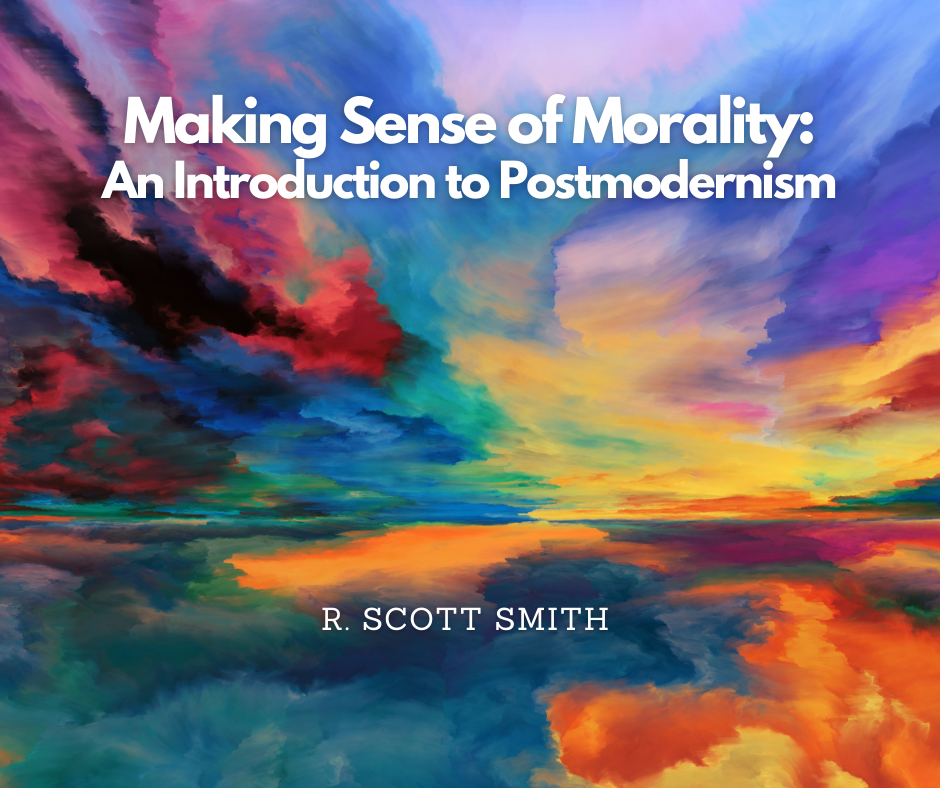Making Sense of Morality: John Rawls’s Ethics
/Editor’s note: R. Scott Smith has graciously allowed us to republish his series, “Making Sense of Morality.” You can find the original post here.
Introduction
Another more naturalistic form of ethics comes from John Rawls (d. 2002), which might be better described as secular. Rawls’s works have had enormous influence, especially in his conception of justice as fairness.
Overview of Rawls’s Political Liberalism
Taking democracy as his starting point, Rawls spells out the basis for how today we can come together and form the basis for such a society. Yet, this faces the challenge of a plurality of reasonable, competing “doctrines” (conceptual frameworks, or paradigms) that address substantive notions of the nature of the good, the meaning of life, and more. These doctrines appeal to metaphysical, moral, and/or religious views, including substantive understandings of justice. Examples could be religious groups and adherents of different philosophies and worldviews.
Each “doctrine,” he thinks, has its own internal rationale for its beliefs. What justifies them is not that they correspond with reality, for, similar to Kant, we cannot know that directly. Instead, they should be internally coherent. Yet, this means each doctrine will have its own criteria for the substantive questions of life, making them largely incommensurable. If so, it seems we cannot form a democratic society on the basis of these private, substantive kinds of reasoning.
How then can we form a society on the basis of apparently neutral, public reasons? Rawls uses a thought experiment in which representatives of different groups are in an original position, behind a veil of ignorance. They are to reason as though they are abstracted from their lives’ situations and conditions, and they are to choose principles of public, procedural justice as the basis of a society. He claims they would adopt two principles: 1) the equality principle: there is an equal claim for all citizens to basic rights and liberties; and 2) the difference principle: there is equality of opportunity, and the greatest benefit should go to the least advantaged socially and/or economically. He thinks the members of these different “doctrines” can find an overlapping consensus and form a social contract based on these two principles of procedural justice.
Assessment
Rawls tries to take seriously the fact of diversity and how we can come together as a unified society. He also realizes that while doctrinal views may differ greatly, nonetheless we can dialogue and find commonalities.
Yet, there are several problems with his views. Rawls thinks a secular, procedural basis for justice enables him to remain neutral in regards to the various doctrines. He too would need to be philosophically neutral, for such views belong to the doctrines, he claims. But, Rawls’s own views are not philosophically neutral. He has bracketed out any metaphysical notions of justice and other morals. He also has privileged his epistemology, that we cannot know such morals as they are in reality. Thus, we should embrace epistemic coherentism (a belief is justified not by its correspondence with reality, but by its internal coherence within a given web of beliefs).
Put differently, Rawls seems to think he can set aside his own standpoint and gain a neutral vantage point, to claim no one doctrine’s philosophical views can be a suitable basis for a democracy today. Yet, he seems to be privileging his own doctrinal stance, that secular thought is what is needed.
Therefore, Rawls’s reasoning invites the question: why shouldn’t the competing doctrines argue publicly, to see if they can offer compelling reasons for their views of the nature of justice, the good life, etc.? Just because we have a plurality of moral viewpoints, it does not follow that none is more rationally defensible than another. The mere fact of diversity does not necessitate a procedural basis for justice.
Another concern is his concept of a person as one “who can take part in, or who can play a role in, social life, and hence exercise and respect its various rights and duties. Thus, we say that a person is someone who can be a citizen, that is, a normal and fully cooperating member of society over a complete life” (Rawls, 18). Yet, this understanding could exclude many people, including those with permanent disabilities, from protection as citizens.
For Further Reading
John Rawls, Political Liberalism
R. Scott Smith, In Search of Moral Knowledge, ch. 7
R. Scott Smith is a Christian philosopher and apologist, with special interests in ethics, knowledge, and seeing the body of Christ live in the fullness of the Spirit and truth.





















